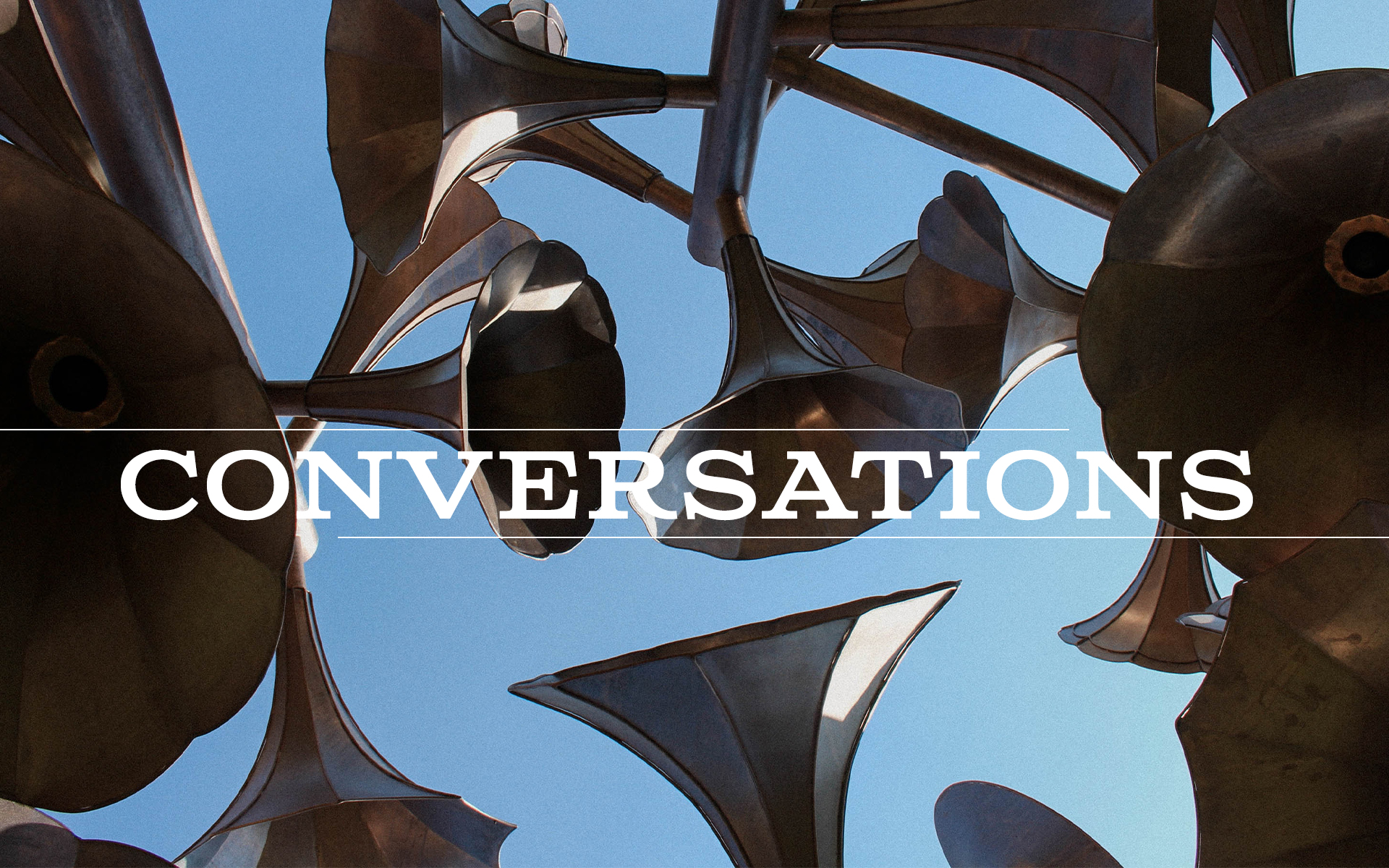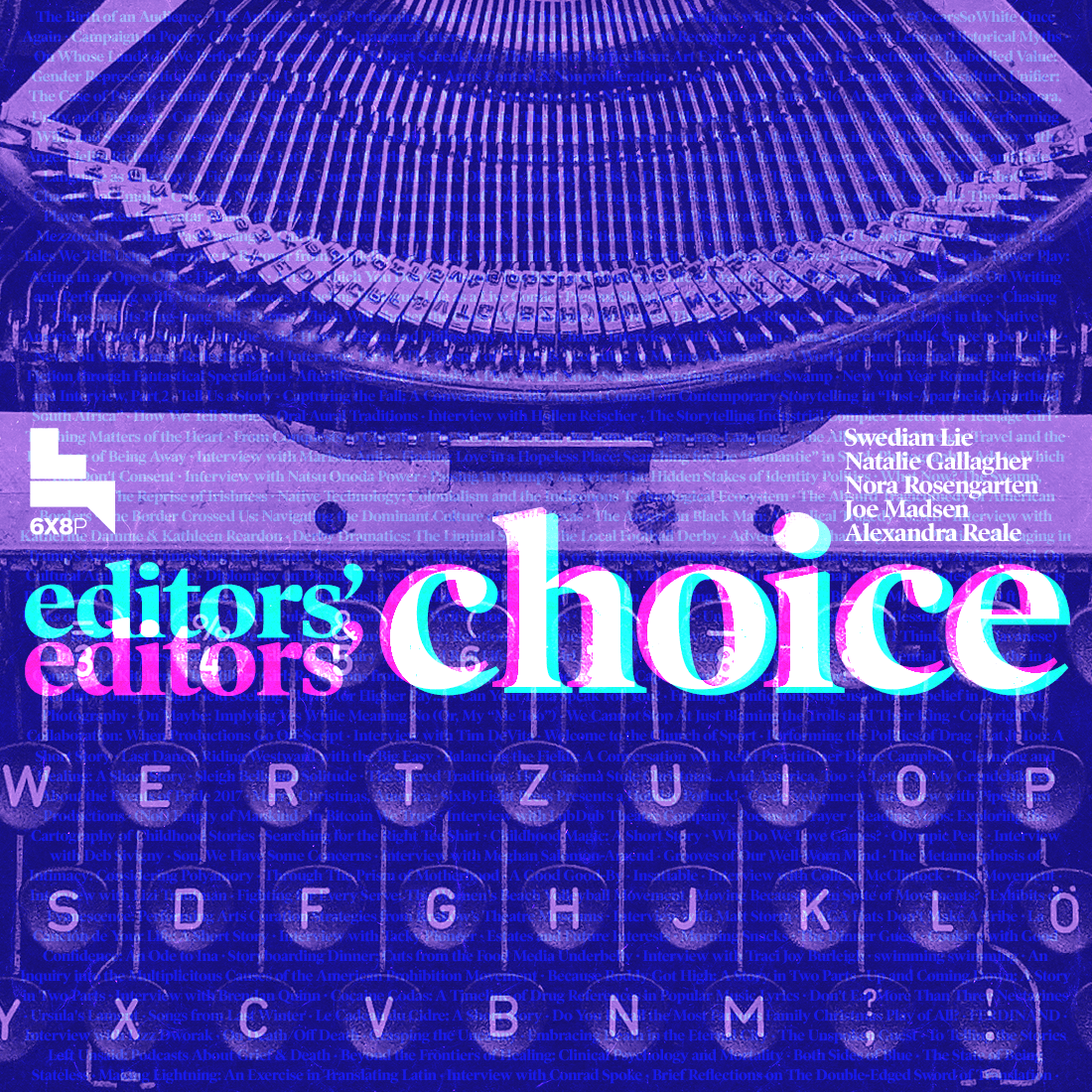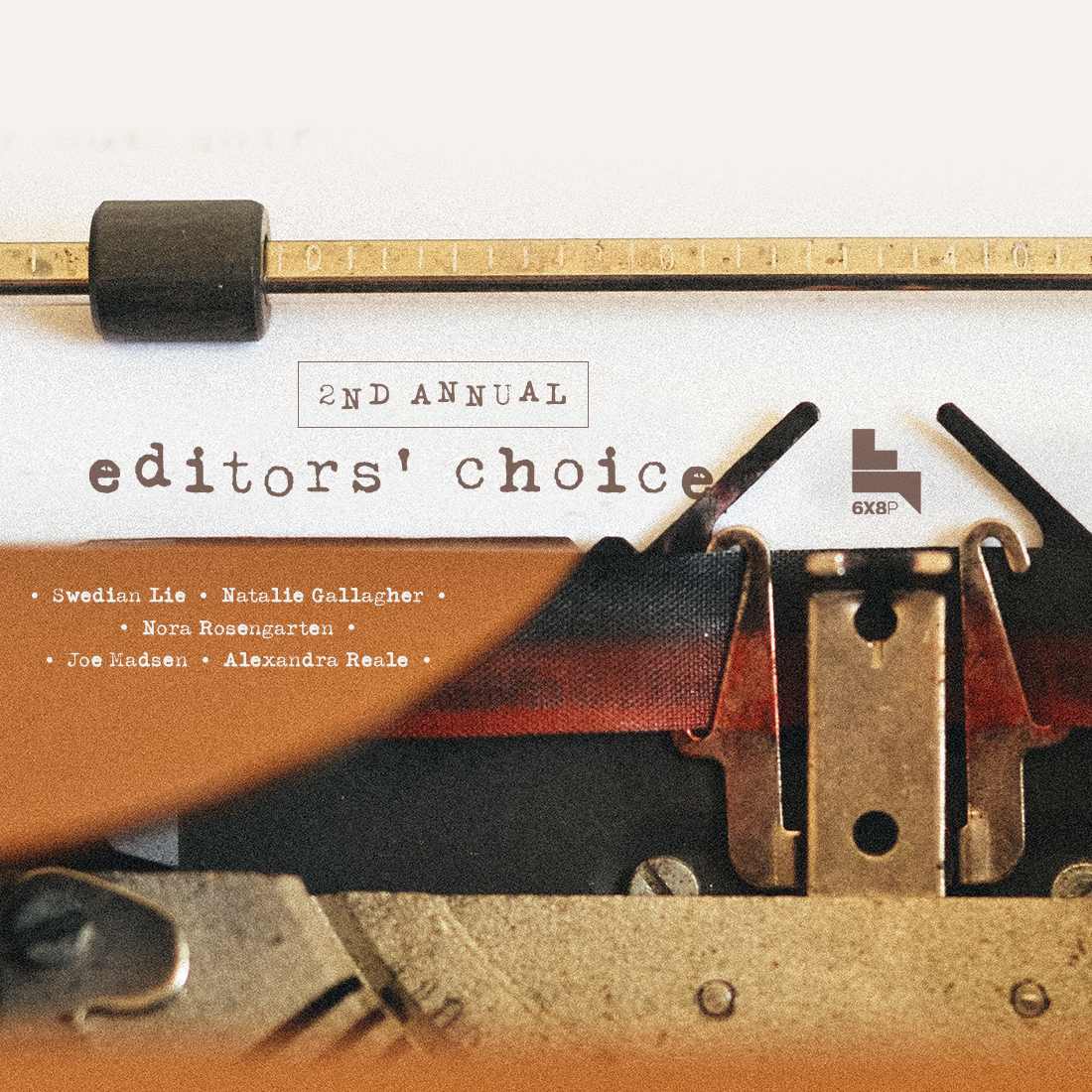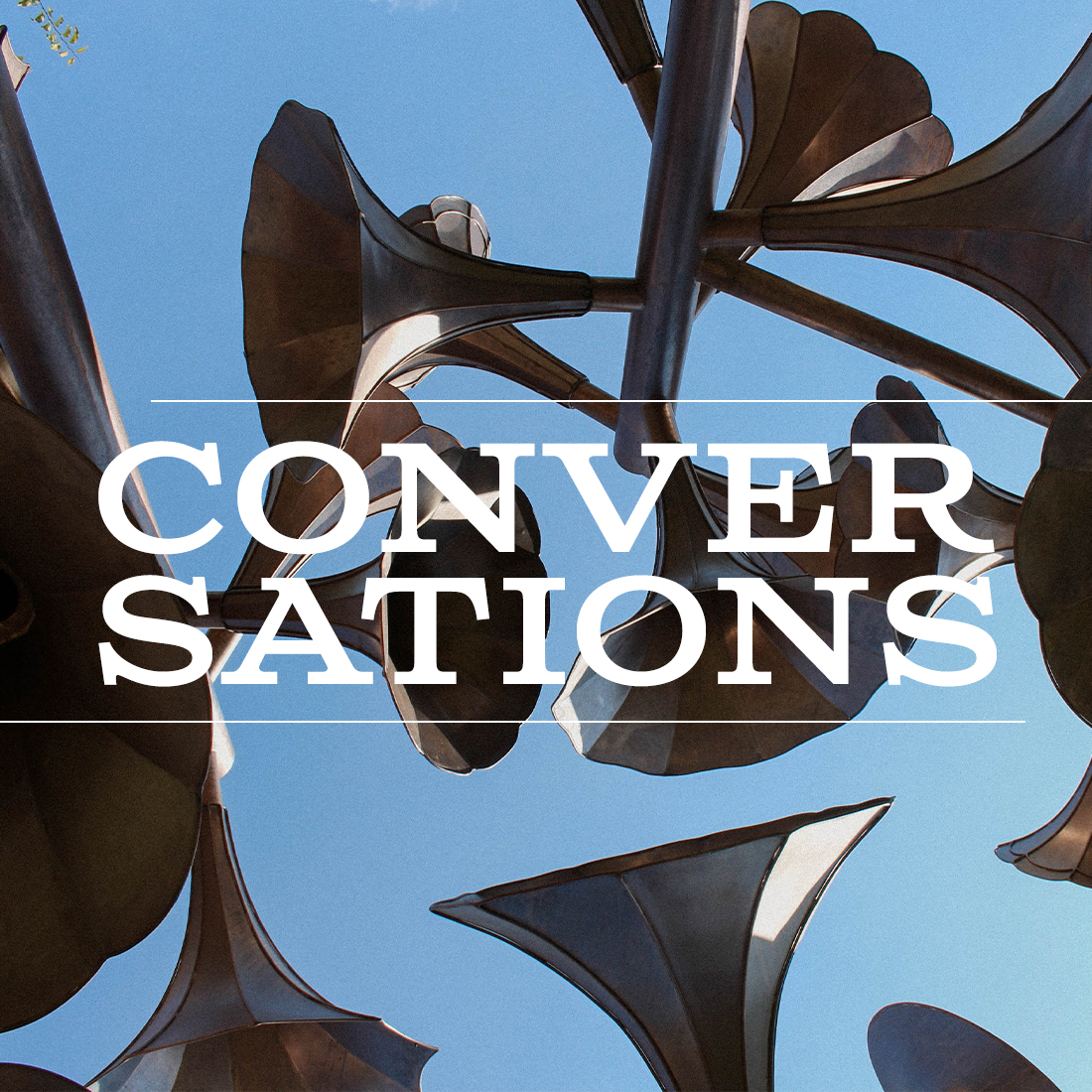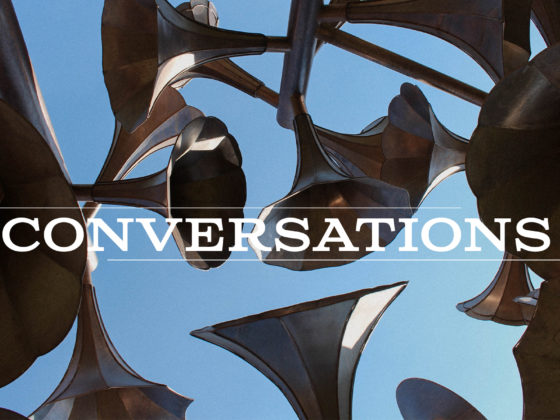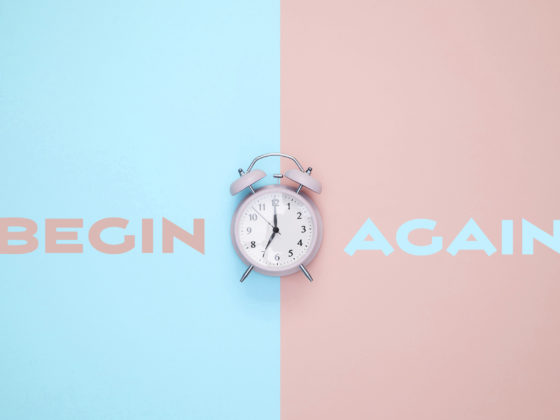As we consider our issue theme of conversations, each of us at SixByEight Press took a little bit of time out of our days to engage in open dialogue with writers, collaborators, and mentors from our own personal and professional lives. We hope that in having these open-ended chats, we can reflect upon and gather a few key lessons from this most human of rituals.
In this piece, editors Swedian Lie, Natalie Gallagher, Nora Rosengarten, Joe Madsen, and Alexandra Reale talk about the editorial process and the lessons they’ve learned along the way.

It’s been almost 4 years since SixByEight Press first started, with the team changing many times along the way.
Nat and Swedian, as founders of the project, what were your expectations or thoughts about being a SixByEight Press editor?
Natalie Gallagher
When Swedian & I first started talking about SixByEight, I was especially excited about a way to incorporate ideas about performance into a new area of my life. I haven’t been able to pursue theatrical projects (though I still watch plenty of theatre) while I’ve been working on my PhD, so this seemed like a great way to keep that part of my self and my mind active and engaged.
Swedian Lie
Similar to what Nat said, I think in those early days, I was thinking a lot more about just having conversations about theatre in my non-theatrical life, especially in the beginning when I was still a content editor.
Over the years, as we have grown in unpredictable ways — and my role has shifted away from a day-to-day editor role to more of an overarching publishing editorial role — I’m much more interested in facilitating conversations and letting both the writers and the other editors flourish in their own unique ways. Seeing how my fellow editors (many of whom were past writers) have grown through this little project of ours brings me a lot of satisfaction.
I’m sure for Nora, Joe, and Alex, it’s a bit of a different experience having joined as editors a few years down the road. What were your experiences like?
Joe Madsen
I had always loved writing for SixByEight when I could, and I’d known Nat, Swedian, and Kelley [Kidd, a former editor] since college, so I was flattered and intrigued when I was asked to join. But I was also nervous. This outlet was one I really enjoyed watching them create from afar, taking part when I had the occasional chance, so I was anxious that I might be taking on something I couldn’t commit to. Knowing this, the team let me ease into the role. I took on a lighter work load for the first month or two, and the ease in pressure let me enjoy the things I like most about collaborative work. Then as I got a sense of myself as an editor and how I work, I started giving myself structure, planning, and feasible goals with each issue. And soon I was taking on an equal share of the work without feeling overwhelmed or like I was letting down the side. It’s been an awesome experience, and I’m so grateful to the team for allowing me to get into my role gradually.
Nora Rosengarten
I was excited! I’ve always been a big reader across genres, and I think I learn something from every piece I edit. There’s something satisfying about being able to offer other people advice on their writing. We’ve all had the experience of seeing our work edited well, and, when it happens, I feel profoundly seen and acknowledged. It’s also, in my opinion, one of the ultimate signs of respect for another person; thinking through someone else’s ideas and helping them to say what they want to communicate is such a privilege. I’d say when I was first offered the position, I hoped I’d be able to engage meaningfully with other people around their writing.
Alexandra Reale
I was very excited to take on the role, but beyond what I had experienced as a writer for SixByEight Press, I wasn’t sure what to expect. I was looking forward to experiencing the process of publishing a piece from an editor’s angle, and I hoped to be as helpful and encouraging to others as my now co-editors had been to me!
How would you describe yourself as an editor?
Natalie Gallagher
As an editor, I try to balance being engaged with the writer against influencing their ideas. I want to provide a supportive environment for them to grow and develop ideas, not tell them where those ideas should go. This means that I’m really interested in having conversations with my writers, though each process and each writer is different in this.
Nora Rosengarten
I would say I’m driven by shared expectations. When I begin collaborating with a writer, I like to start each experience by outlining my expectations and goals and then inviting them to offer their own. I do this by sharing a timeline of our editorial schedule which lays out the various milestones of the process and the kind of feedback they should expect from me at each stage. The timeline also helps me stay structured and organized without feeling overwhelmed. And it gives me a defined space to communicate clearly throughout the process and to hold myself accountable.
Alexandra Reale
I noticed when I first started working with writers that my inclination was to copy edit. My background in editing comes from looking over academic papers for any last minute grammar or punctuation issues, so it was an interesting challenge for me to zoom out and consider a piece thematically and structurally. Reverse outlining first drafts from writers really helped me — getting the sense of a story’s arc helped me give feedback that wasn’t just “this needs a comma.” I like to treat editing like a coaching job: as the writer plays, I help her with strategy and cheer her successes.
Joe Madsen
My goal is to be flexible, accommodating, generous, and also thoughtful. You’d have to ask writers I’ve worked with whether I achieve those lofty aspirations, but that’s what I’d hope. I want any writer I work with to hear in my feedback a healthy balance between their successes and areas for improvement. I also think that an editor has to be able to remove their ego from the equation. I’ve edited pieces that articulated viewpoints very different from my own, and even a few where I disagreed with the writer’s thesis. And that’s okay! In fact, sometimes those projects are the most rewarding because they teach you the most about yourself.
Has your experience being an editor changed the way you view SixByEight Press?
Natalie Gallagher
It’s been really interesting to see the project grow over time. We’ve become increasingly willing to expand our initial mission, and incorporate new kinds of writing and perspectives.
Joe Madsen
If anything, it’s made me fall more in love with the site. But I guess that’s natural when you devote your own time and creative energies to anything. It’s been a joy to see Swedian and Natalie’s brain child grow over the years — especially since I got to collaborate with them on theatre things in college. And now I feel honored to be part of that growth. This work they began together has made strong developments since its inception, but you can still feel their work philosophies run throughout each process: the open mindedness, the intellectual curiosity, the positive resilience to the shifting lives of the participants. And they’ve instilled strong belief that collaborative creativity is the strongest kind.
Alexandra Reale
Before I edited I didn’t fully appreciate the scope of SixByEight Press. As a newer editor I’ve worked on fewer pieces, but I haven’t worked on anything remotely similar twice. My Google search history is now a receipt for an editor trying her best to keep up with her writers: “cancel culture,” “what is a brumaire,” “Blackhat films,” “Arpita Singh art,” “Catharsis Productions,” “Ross Gay poetry,” “actors in The Wiz Live!,” “Louis Bonaparte Karl Marx”… I get to take a mini course on a new subject each month. My on hold tab at the library is growing impossibly long.
Swedian Lie
I think that’s been the greatest joy for me so far, is to see how the project has grown to include a lot of the things neither myself nor Natalie first thought of when we started this project. Who’d knew we’d talk about Blackhat! It’s truly grown beyond us, and I’m just happy to still be here to help out in whatever way I can.
Nora Rosengarten
This may sound pander-y (sorry not sorry) but now that I am an editor, I have so much more awareness of everything Swedian does for SixByEight Press. The beautiful graphics and formatting and images add so much to each piece and each issue, and Swedian does all this with panache and professionalism. Such a pleasure to work with him — as many of you already know!
Swedian Lie
Aww, thanks Nora! It’s a lot easier to work on these pieces when they’re so beautiful to read in the first place.
How much of your role as editor involves storytelling?
Nora Rosengarten
I think storytelling is vital. All communication is about narrative, because narrative is the way human beings are wired to internalize information. I’d say the biggest factor in my approach to editing is compassionate generosity. It is so, so much easier to criticize something than to be generous. But as an editor, especially for the first and second draft, someone is trusting you with a raw, unfinished piece. They may not be resolved, they may not have finished thinking through their argument, and a harsh critique at this juncture could possibly truncate their work. I think the best editorial comments begin: “What I hear you saying is: ______.” Then the writer has the chance to agree, or disagree, and you can have a dialogue around what the piece is saying and the way that writer wants to express their ideas. I wish that our society placed more emphasis on generous readership, rather than a swift dismissal. The latter may give you a brief, fleeting sense of your own authority and righteousness, but what is that even worth? And is it better than a moment of connection, communication, learning, and growth?
Natalie Gallagher
Storytelling is key to making a story interesting to readers, so I am often looking for throughlines in pieces I am editing, and encouraging writers to draw out those threads that bind everything together.
Alexandra Reale
There are a swirl of stories going on when we work on a piece — what the writer wants to say, what the writer winds up saying, what I am helpfully or unhelpfully saying to the writer — and it’s fun and challenging to sort them all out.
Joe Madsen
No matter what kind of material I’m editing — fiction, opinion, essay — I always look for the story. Finding the narrative is what I enjoy most about working with writers, especially in the early stages when they have all the pieces in their mind, but are still hazy on tying them together. Finding that narrative thread is the most fun aspect for me. I don’t create what the writers present to me, but when I get that chance to say, “Hey, you have all these thoughts, and I think THIS is the story you’re telling,” that’s when I really enjoy what I do.
What’s been the most surprising thing you’ve experienced or witnessed as an editor?
Swedian Lie
To be honest, as the last person to touch each piece before they go live, I’m surprised every single day of the publishing week as I’m reading the pieces for the first time in their final drafted form! I’m always pleasantly astounded by how our writers, with the help of our editors, can create a story or a narrative that I never once considered when the topic was first proposed. In the beginning, I think I subconsciously tried to hem things a bit for the sake of structure and my OCD — but now, I’m just excited to see where people take their ideas and to be included in the journey.
Alexandra Reale
I guess I shouldn’t be surprised by this, since I’m part of this same community, but I am astonished by the ways that our writers make time to do what they love. Most of the people I’ve worked with have day jobs and other responsibilities, but we all share this extracurricular passion for writing. I love that this passion somehow comes together out of a flurry of emails and Google docs and phone calls and turns into our little magazine.
Natalie Gallagher
People have been willing to share really personal stories with us as editors and with the SixByEight Press readers. I’m always impressed by the bravery and grace that go with these expressions, and infinitely grateful to all of our writers.
Joe Madsen
I don’t know if surprising is the right feeling for what I’d say, but I’ve been well reminded time and again with SixByEight that people are at their best when they’re honest about what they can do and what they’re expecting. We’re all contributing free time and work to this process, which means that anyone who contributes typically has a ton of other stuff going on in their life. So we have to be flexible and ready to respond when commitments can’t be met or schedules have to change for other priorities. And when we — editors and writers — communicate clearly with each other about other priorities going on, I’ve found we all respond much more strongly to assist the process.
Any lessons or mistakes you’d like to share?
Joe Madsen
As far as mistakes that stick out, I’d say not setting my own timeline with my writers in my first month or two on the job. Keeping a nebulous schedule of events in my head, with emails near the top of my inbox, made me a much less effective collaborator. In retrospect, I didn’t feel I had the framework and structure to communicate different levels of thought — from big-picture structure ideas to little-picture editing minutia — in a strategic fashion.
To take on this commitment, I’ve had to become a more methodical editor. I organize myself and my schedule to meet feasible expectations with each writer’s process, and when I do so, the time I need to devote to each issue doesn’t feel overwhelming at all. As a result, I’ve become a more methodical creative. I’ve always loved writing, but the thing I’ve struggled with most over the years is setting reasonable time and expectations for myself. Since starting with SixByEight, I’ve learned to plan my creative energies much more strategically and reasonably. And when I set smaller goals in my schedule — as if I’m editing for myself — I give myself a more enjoyable, less pressurized space to create.
Nora Rosengarten
My biggest lesson has been around the power of suggestion. As an editor, suggestions are an incredible tool for stimulating discussion. Rather than “this works”/”this doesn’t work,” a suggestion is a deeper form of engagement. A gentle suggestion goes a long way toward generating more information and furthering a writer’s creative process.
Natalie Gallagher
Yeah, I always like to offer to do a phone call with a writer. The whole process is smoother and the pieces often better when there’s a good editor-writer relationship, and that’s extremely hard to establish without some interpersonal conversation.
Alexandra Reale
And I think humility is a key ingredient. The same template does not work for every writer, and patient listening should be the starting point for the process. If I have an idea of the solution, I can look for ways to make the equation more elegant, but that won’t work if I don’t take the time to see what the writer is working towards.
Swedian Lie
All of the above — and honestly, trust. Trust that you’re working with good people; trust that they’re committed to the project; and trust that, at the end of the day, we’re all trying our best in this world. For sure, a lot of things have happened and a lot of mistakes have been made in the past to test this concept; but if you can’t trust the people you’re working with, then what’s the point of the project?
What kind of content do you want to see more of in the future in SixByEight Press?
Alexandra Reale
Any time a writer pitches an idea for comparing our time to another time in history, or wants to tell us about their time studying glaciers or economics, I’m all for it. I’m a non-fiction nerd and I love analysis. And I would love to see more poetry. I interviewed an incredible poet in Issue 36 and she inspired me to read more of it.
Nora Rosengarten
I would love to see more creative work, more poetry, and more interviews. I’d like to read pieces written from an even wider range of perspectives, and I’d also like to have more writers responding to other writers in essays of their own.
Joe Madsen
In the last several months, I’ve been happy to source and take on more fiction work, so I would really love to see more of that! And by saying that, I know I’m committing to recruiting more fiction writers. Thankfully our pool of past writers seem very eager to contribute fiction, month to month.
Swedian Lie
It’s so encouraging to hear these ideas about how the project can grow! I trust my fellow editors completely, and their hard work in growing the writers pool and the individual relationships within it has resulted in some truly strong and insightful pieces, and long may it continue!
Any last thoughts?
Joe Madsen
Maybe a general piece of advice for any of our past and future writers. Putting pen to paper — or hands to keyboard — can be a grueling, daunting process, and the idea of getting all your scattered thoughts out in a well-structured piece is probably (if I had to bet) what discourages folks from fleshing out their ideas.
But in reality, anyone who has an idea for a piece — whether they’ve seen our content calls, been inspired by another work, etc. — is probably a good storyteller to begin with. And that’s what we want you to do when you write: tell a story, no matter the genre or type of work you’re creating. And if you’re struggling to tell the story with the thoughts lying around in your head, start talking them out loud. Start voicing the narrative. Start giving yourself an imaginary audience to direct your thoughts toward, in an actual conversation. It might feel silly at first, but it’s much less pressurized than the process of jotting down notes for no one to hear but your own brain. And you’ll find yourself stringing narratives together in real time before you know it. Just say it out loud. You might just learn that you already know the story you want to tell.

